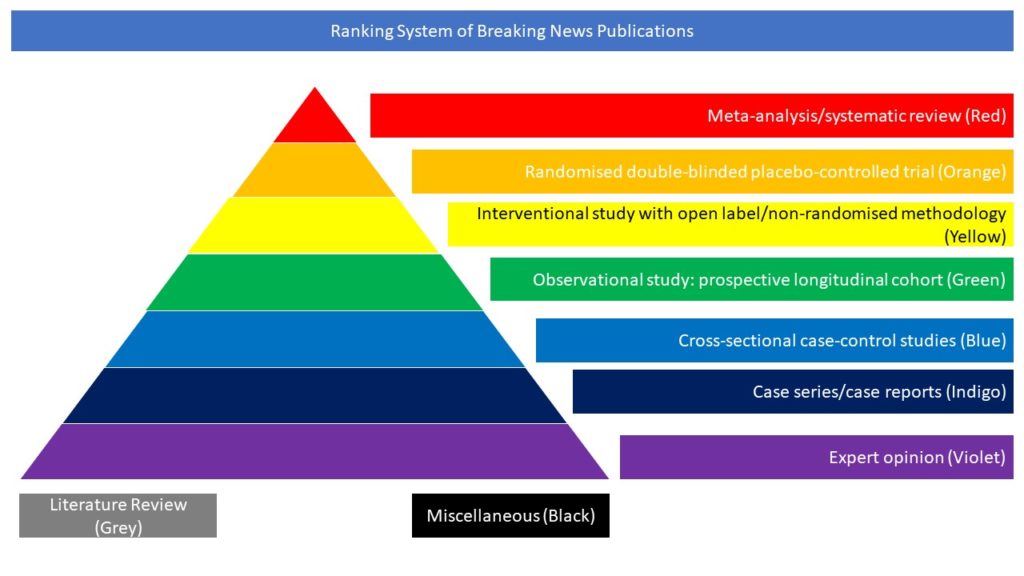Case series/case reports (Indigo)
Disease modifying therapies for multiple sclerosis (MS) can impair the specific immune response to severe acute respiratory syndrome coronavirus-2 (SARS-CoV-2). Specifically, it is recognized that ocrelizumab reduces or abrogates anti-SARS-CoV-2 antibody production after natural infection or vaccination, while very little is known about T-cell responses. The authors developed an interferon (IFN)-γ release assay (IGRA) to detect T-cell responses specific to SARS-CoV-2 after overnight stimulation of whole blood with peptide libraries covering the immunodominant sequence domains of the Spike glycoprotein (S) and the Nucleocapsid phosphoprotein (N). Five patients with MS receiving ocrelizumab treatment for at least 1 year and recovered from SARS-CoV-2 infection were enrolled in the study. Despite the absence or the very low concentration of anti-S antibodies, a T-cell response was detectable in all the five MS patients. These results are in accordance with the marked reduction of peripheral B-lymphocyte absolute counts induced by ocrelizumab, that, conversely, did not affect peripheral blood T-lymphocyte subset absolute and relative counts and CD4/CD8 ratio. The authors concluded that the detection of specific T-cell responses to SARS-CoV-2 in patients receiving B-cell depleting therapies represents a useful tool to improve the diagnostic approach in SARS-CoV-2 infection and to accurately assess the immunological response after natural infection or vaccination.
Iannetta M, Landi D, Cola G, Malagnino V, Teti E, Fraboni D, Buccisano F, Grelli S, Coppola L, Campogiani L, Andreoni M, Marfia GA, Sarmati L. T-cell responses to SARS-CoV-2 in multiple sclerosis patients treated with ocrelizumab healed from COVID-19 with absent or low anti-spike antibody titers. Mult Scler Relat Disord. 2021 Jul 21;55:103157. doi: 10.1016/j.msard.2021.103157.









